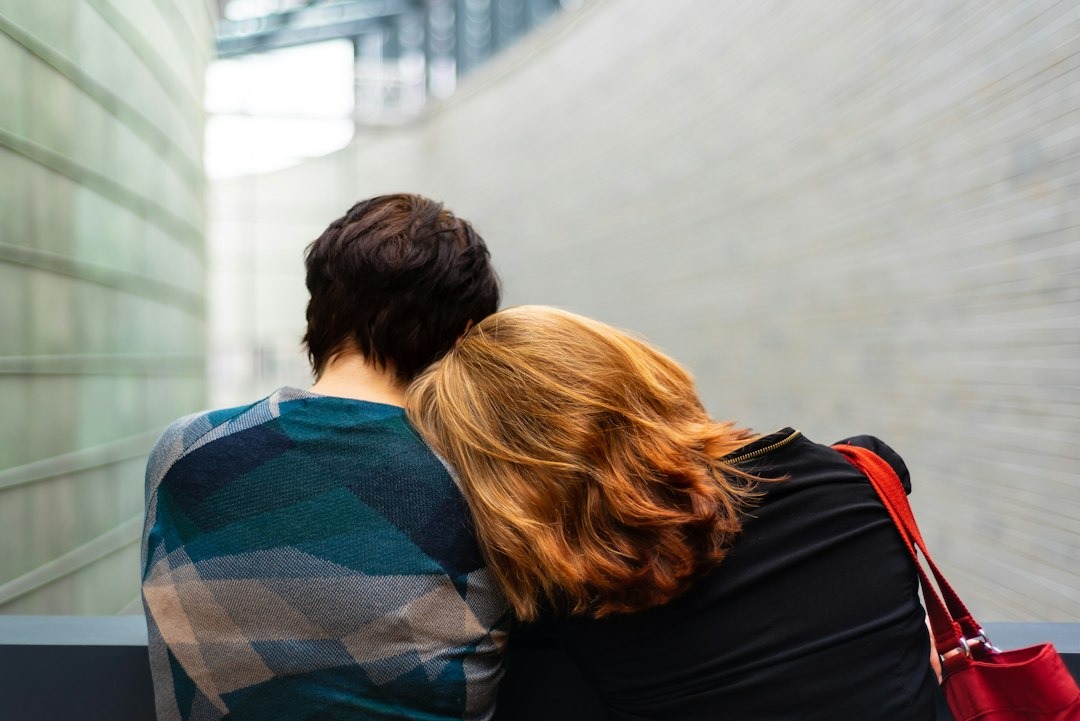Many people diagnosed with substance use disorder (SUD) also have co-occurring manic depression, also called bipolar disorder. According to the National Institute of Mental Health (NIMH), “An estimated 2.8% of U.S. adults had bipolar disorder in the past year.” Individuals with some forms of bipolar disorder may experience severe manic-depressive episodes. The Redpoint Center provides evidence-based treatment programs for individuals struggling with bipolar disorder and SUD.
What Is Manic Depression?
Bipolar disorder, previously referred to as “manic depression” or “manic depressive disorder,” is a mental health disorder characterized by repeated cycles of manic and depressive symptoms. In some cases, individuals experience both manic and depressive symptoms simultaneously. According to MedlinePlus, “The symptoms of a mixed episode include both manic and depressive symptoms together. For example, you may feel very sad, empty, or hopeless while at the same time feeling extremely energized.”
Bipolar disorder may cause some people to experience severe and sometimes life-threatening side effects, including suicidal ideation and risk-taking behaviors. Medication and psychotherapy are the most common treatments for mixed manic-depressive episodes.
Bipolar Disorder and Co-Occurring Substance Abuse
Bipolar disorder is one of the most common co-occurring disorders diagnosed alongside SUD. According to Substance Abuse Treatment, Prevention, and Policy, “The lifetime prevalence of SUDs is at least 40% in bipolar I patients.” The combination of SUD and bipolar disorder often causes more severe symptoms for both conditions. In some cases, people experience manic or depressive symptoms severe enough to cause psychosis. The Redpoint Center uses evidence-based therapeutic modalities to help clients manage manic-depressive episodes during recovery from substance abuse, reducing the severity of symptoms.
What Are the Signs of Manic Depression?
The signs of a potential manic-depressive episode vary from person to person. Manic and depressive symptoms often appear as polar opposite behaviors. During a “mixed” episode, people experience manic and depressive symptoms simultaneously or within a very short period. The severity of symptoms often depends on what type of bipolar disorder a person is diagnosed with during the initial intake assessment.
Individuals experiencing a manic and depression episode may display some or all of the following:
- Extreme shifts in energy levels
- Impulsivity
- Engaging in risk-taking behaviors
- Uncharacteristic irritability
- Extreme self-confidence
- Feelings of low self-worth
- Extremely organized behavior
The symptoms exist along a spectrum. In most cases, mixed manic-depressive episodes last from a day to several days. Recognizing the signs allows people to get help managing their condition until the episode ends. A combination of severe manic and depressive symptoms experienced simultaneously may increase the risk of temporary manic psychosis.
Next Steps After Identifying a Manic Depressive Episode
A manic, depressive, or “mixed” episode can interfere with all areas of a person’s life, including parenting, work, school, relationships, and overall ability to function. During depressive episodes, people often struggle to feel motivated and may experience overwhelming feelings of sadness, guilt, helplessness, and loneliness. Manic symptoms might cause people to take physical, emotional, or financial risks they would typically avoid. Combined, these symptoms cause some people to feel out of control.
Loved ones provide essential support and protect people who experience manic depression from making choices they may regret later. For example, family members may counsel someone experiencing a manic episode from purchasing something outside their financial means. Often, loved ones prompt individuals experiencing bipolar disorder to get the professional help they need to manage their condition successfully. The Redpoint Center provides guidance and information to families with loved ones experiencing co-occurring bipolar disorder and SUD. The care team helps families intervene on their loved one’s behalf, ensuring they receive the treatment they need to heal.
How to Help Someone Experiencing Manic Depression
Friends and family help loved ones experiencing manic or depressive symptoms by actively engaging them in conversations and asking what the person needs.
Individuals experiencing mania benefit from friends and family doing the following:
- Redirecting their focus and energy to necessary tasks
- Encouraging them to delay significant life changes
- Avoiding topics or activities that might trigger overstimulation
- Preparing on-the-go or easy-to-eat foods and drinks
- Spending time with them to reduce boredom and restless energy
Individuals who experience depressive episodes benefit from friends or family doing the following:
- Helping them establish and maintain a regular sleep schedule
- Practicing patience, empathy, and compassion
- Offering practical support
- Encouraging self-care
People experiencing a mixture of symptoms may need additional support or professional mental health services to address severe and persistent side effects.
When to Contact Emergency Services
Some individuals with bipolar disorder may experience psychosis, affecting their ability to make decisions or understand the consequences of their actions. Friends and family should contact emergency services if their loved one is a danger to themselves or others. Many people with bipolar disorder have suicidal ideations, and a psychotic episode may cause them to intentionally or unintentionally hurt themselves.
The Redpoint Center directs families to higher levels of care for individuals experiencing active manic psychosis. Once the episode has been managed, people often transition to care at The Redpoint Center and receive personalized treatment for co-occurring bipolar disorder and SUD.
Many people with substance use disorder have co-occurring bipolar disorder. Manic and depression symptoms may be experienced separately or simultaneously depending on the type of bipolar disorder. Often, friends and family of individuals diagnosed with bipolar disorder feel helpless and do not know how to support their loved one during and after treatment for substance abuse. The Redpoint Center provides psychoeducation and mental health services to help individuals learn to manage their manic and depressive episodes. The care team discusses options with clients and their loved ones to ensure they feel comfortable managing their condition outside treatment. To learn more about our programs and the mental health services offered at The Redpoint Center, call us today at (303) 710-8496.



